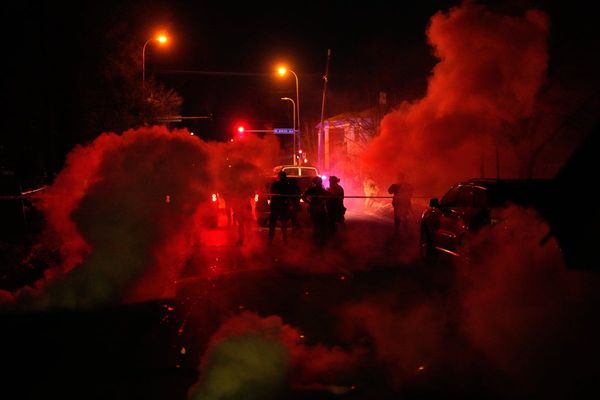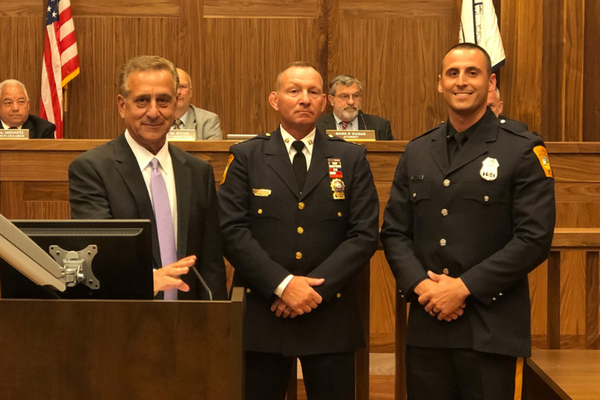THE election is already one third over before polling day, with the Australian Electoral Commission reporting nearly six million people having already voted by pre-poll or applied for a postal vote.
A detailed AEC spreadsheet of pre-polling voting for each electorate shows that more than 3.21 million people have walked in off the street at one of the 550 booths around the country, most of which opened on May 9.
An AEC spokesperson said 2.62 million people had applied for postal vote applications, and the postal-vote spreadsheet showed 1,154,601 postal votes had been received by Tuesday night.
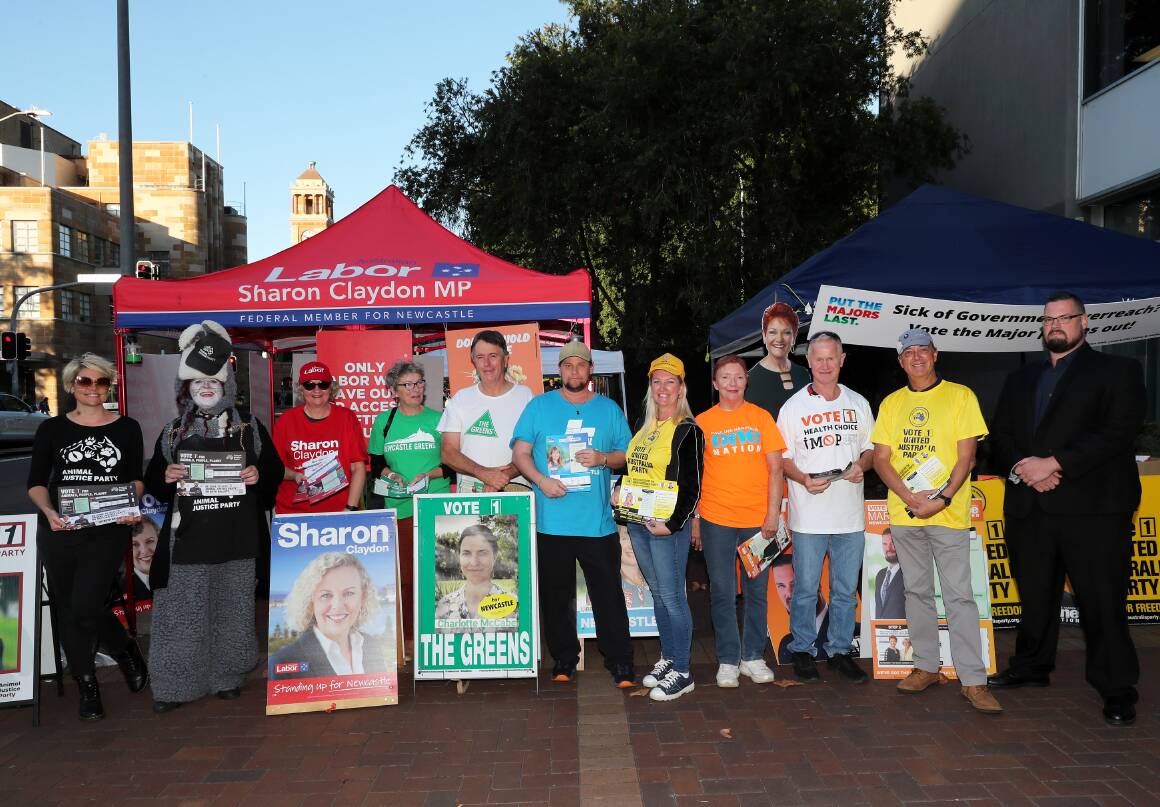
Attention in this region has focused on the seat of Hunter but Paterson voters have been the quickest out of the blocks.
AEC figures showed 35,232 pre-poll votes cast, 15,128 postal votes sent out and 6641 postal votes received by late Tuesday, meaning 31 per cent had voted with three days of pre-polling left to run.
In Hunter, 27 per cent had voted, in Shortland 23.1 per cent and in Newcastle 20.9 per cent.
The AEC confirmed yesterday that anyone testing positive for COVID after 6pm on Tuesday is eligible to vote by telephone.
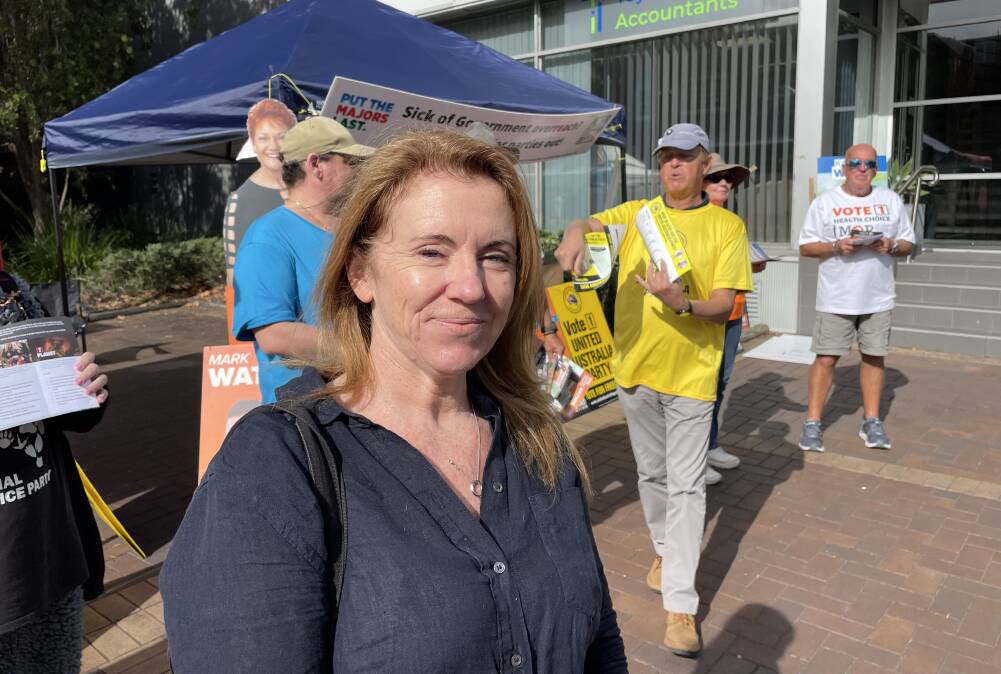
Electoral Commissioner Tom Rogers said postal vote applications shut at 6pm on Wednesday night but details of telephone voting for COVID-positive people would be posted overnight on the AEC website.
COVID was a major concern of some people who spoke with the Newcastle Herald yesterday to say why they had voted early.
Newcastle resident Jules Holmesby, pictured, said she had gone to the King Street, Newcastle, pre-poll because of concerns over COVID and the likely delays from social distancing protocols on Saturday.
Other voters mentioned the convenience, while some said they made their minds up and had no need to wait until Saturday.
Neil Roberts, of Blackalls Park in the Hunter electorate, said he would be travelling on Saturday and had completed an out-of-electorate vote at King Street.
The huge turnout of early voting will likely have been factored into the timing of big announcements by the major parties, but they increasingly mean that the election is no longer a single-day event, if it ever has been in modern times.
The AEC says the pandemic has lifted the numbers of early votes.
In Hunter, 29,250 pre-poll votes had been cast, and 5531 postal votes returned, in an electorate with 128,438 people registered to vote.
In Newcastle, pre-polls totalled 19,483, with 6222 postal votes cast, in an electorate with 122,587 voters.
The Shortland figures were 19,812 pre-polls and 7169 postals received. Shortland has 116,418 people registered.
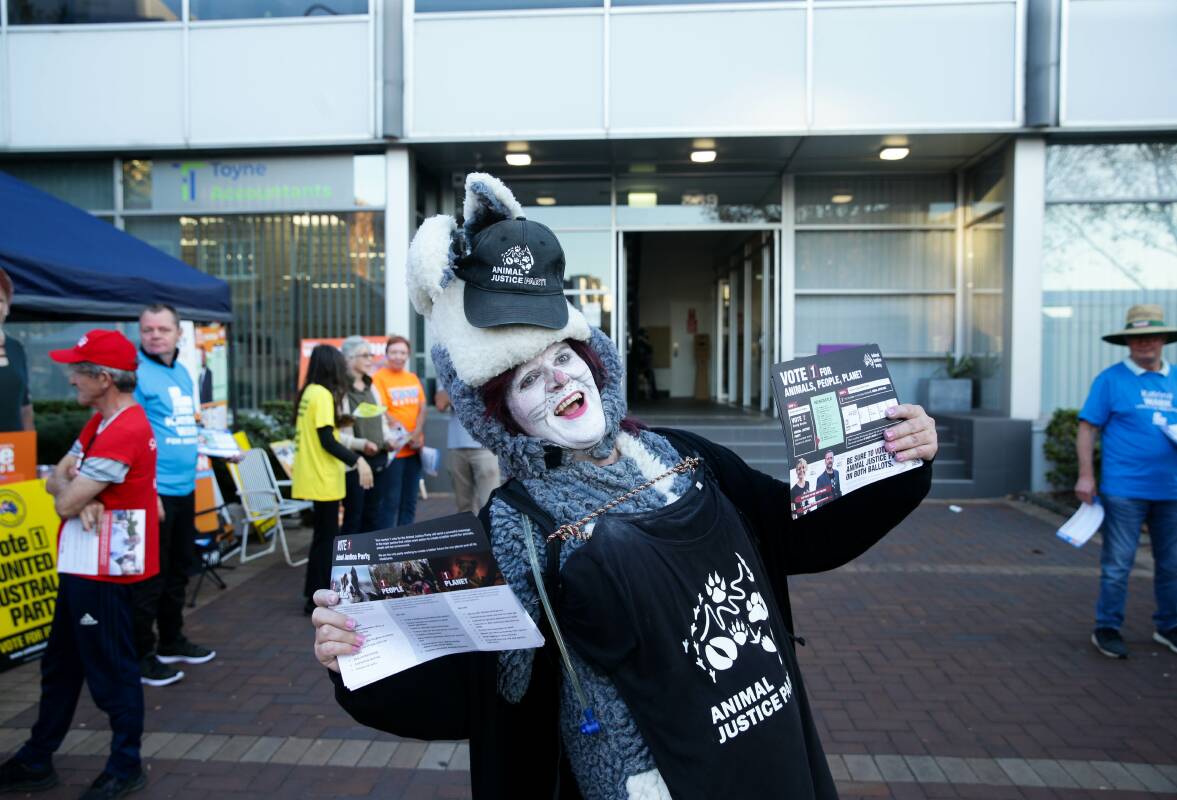
The Hunter region does not appear to be affected but the AEC warned yesterday that "a small number" of the nation's 7000 polling booths may not be able to open on Saturday because of a shortage of election workers.
The commissioner, Mr Roberts, said more than 105,000 people were needed to run the booths and the AEC had been "pulling out all the stops" to recruit enough workers.
Areas of concern were Capricornia, Flynn, Kennedy and Leichhardt in Queensland, Barker and Grey in South Australia and Durack and O'Connor in Western Australia.
"We estimate that our staff have made well over 1 million phone calls, they've sent more than half a million emails and we've had 1.8 millions unique page views on our election jobs web pages since February," Mr Rogers said.
"Short of handing out blank cheques for work, or accommodating thousands of single-day workers in interstate locations, there is not much more we could have done so far."
"We're calling on other organisations to assist as a final push, and investigating all possible staffing models including amalgamating venues."
"We're also continuing to engage with local residents in the hope they'll put their hand up.
"For some people it may mean that if you want to vote at a polling place in your town on election day, you may have to sign up to work as well."



